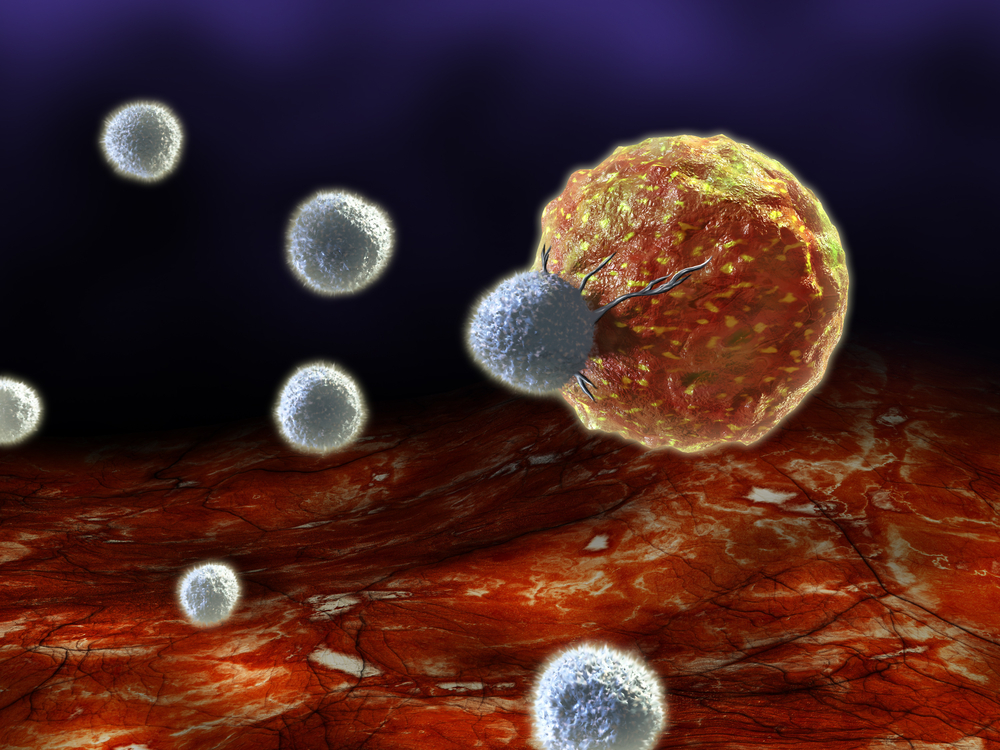In a new study entitled “GFP-specific CD8 T cells enable targeted cell depletion and visualization of T-cell interactions,” a team of researchers developed a new technology, called JEDI T-cells, that allows researchers to study the complex interactions of immune T cells in normal and disease states, including in autoimmune diseases and cancer. The study was published in the advanced online section of the journal Nature Biotechnology.
The complex interactions within the cells that compose the immune system remain a mystery in many ways. In this study a team of scientists at the Icahn School of Medicine at Mount Sinai, New York, developed a strategy that allows researchers to study T-cell interactions with other cell types and within different tissues. The technology was named Just EGFP Death-Inducing T-cell, or JEDI T-cells.
Enhanced green fluorescent protein, or EGFP, was first discovered in jellyfish and is what gives these sea creatures their bright luminescence. Researchers soon understood that engineering the EGFP gene into cells made them glow green, allowing an easy cellular visualization.
Brian D. Brown, BSc, PhD, Associate Professor of Genetics and Genomics Sciences at the Icahn School of Medicine and study lead author, commented in a press release, “JEDI T-cells provide an unprecedented technology to study, model and visualize immune responses and immunotherapies in ways that were never before possible, and this has the potential to revolutionize immunology research. Immunotherapy is considered one of the most important breakthroughs in cancer care in decades, but there is more research needed to improve its success in the clinic. The JEDI technology will be integral to this effort, as well as helping to advance other area[s] of drug development.”
The technology tags T cells with a GFP fluorescent marker, allowing researchers to follow and delete this specific cell population within an organ, like the heart or brain, and understand T-cell interactions with specific populations. This technology opens up new avenues in the study of autoimmune disease but also cancer immunotherapies. Using JEDI T-cells researchers observed that immune cells can find their target cells in the brain, even in a non-infected context, suggesting an immune surveillance pathway within the central nervous system. This is crucial information for researchers developing therapies against brain cancers, such as glioblastoma.
Judith Agudo, PhD, Postdoctoral Fellow at the Icahn School of Medicine and study first author commented on the clinical implications of their findings, “In a galaxy far, far away, the Jedi knights defeated the dark side. We believe the JEDI T-cells will help us win the fight against cancer, autoimmunity, and infectious disease.”


